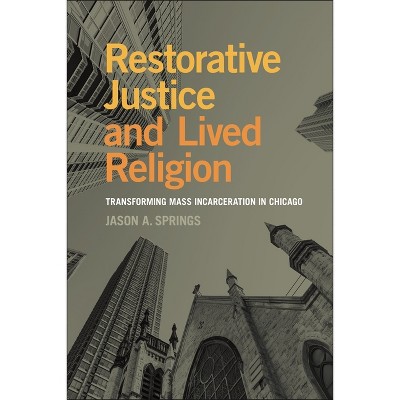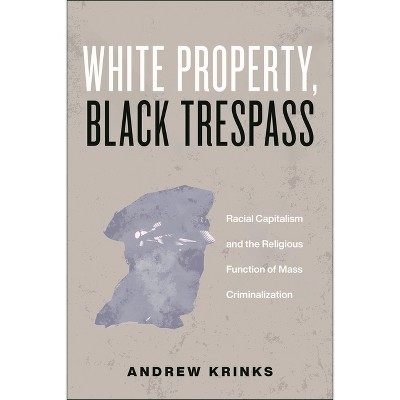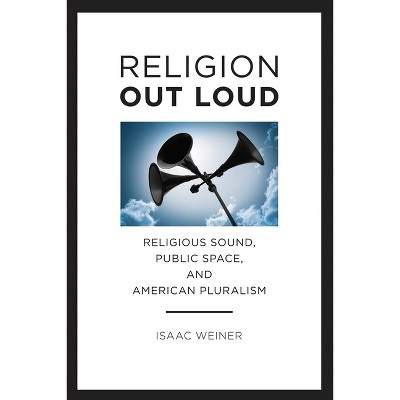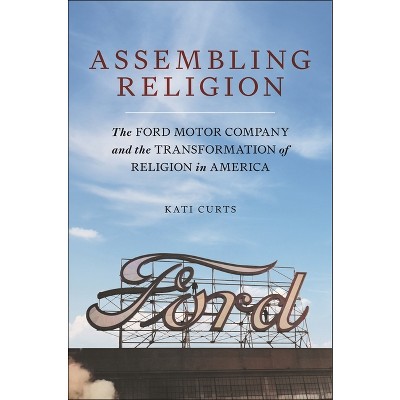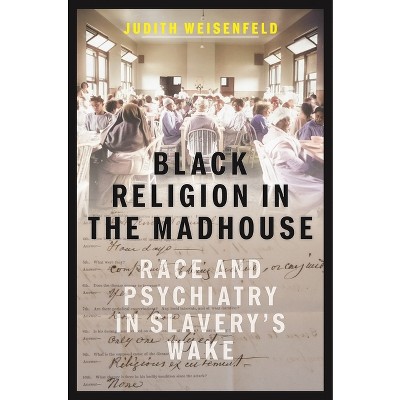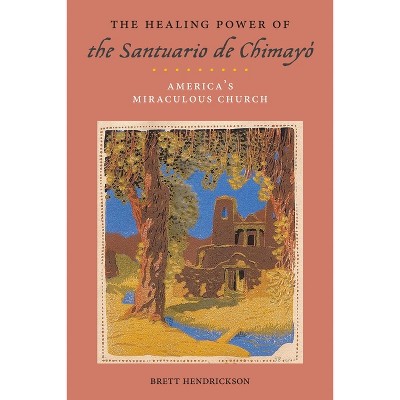About this item
Highlights
- Persecution of religious groups by the Soviet state was no secret.
- Author(s): Felix Corley
- 320 Pages
- Religion + Beliefs, History
Description
Book Synopsis
Persecution of religious groups by the Soviet state was no secret. Soviet ideology was explicitly materialist and anti- religious; the state made no apology for its repression of religion.
Here, for the first time in English, are the actual documents tracing that repression, clearly revealing the struggle between religious forces and the Russian communist state. Religion in the Soviet Union provides access to the archival materials, translated by the editor, in which bureaucrats debated policy, issued orders, and struggled with the problems religious believers caused the Soviet system. Drawing on previously secret documents from the KGB, Central Committee, Council for Religious Affairs, and local agencies, this book illuminates the varying responses of these policymakers to the Russian Orthodox Church, the Old Believers, Catholics, Protestants, the Armenian Church, Jews, Muslims, and Buddhists as well as to newer groups like the Jehovah's Witnesses and the Hare Krishnas.
This bureaucratic view of religion in the Soviet Union from its founding to its collapse will be of interest to students of political science and religion, as well as to Kremlinologists and historians of the Soviet era.
From the Back Cover
Drawing on previously secret documents from the KGB, Central Committee, Council for Religious Affairs, and local agencies, Felix Corley reveals how policy was applied to religious questions in many different areas of Soviet life. Fully aware that religion had to be controlled if the totalitarian state was to function, Soviet bureaucrats took the religious threat very seriously. The book illuminates the varying responses of these policymakers to the Russian Orthodox Church, the Old Believers, Catholics, Protestants, the Armenian Church, Jews, Muslims, and Buddhists as well as to newer groups like the Jehovah's Witnesses and the Hare Krishnas. Even as the Soviet empire crumbled around them in the early 1990s, Russian authorities still toiled away, gathering information and reports for the day when their services would again be required, all the while trying to manipulate what was left of their power, often with no greater ideological purpose than to retain the control to which they had become accustomed. This bureaucrat's view of religion in the Soviet Union from its founding to its collapse will be of interest to students of political science and religion, as well as to Kremlinologists and historians of the Soviet era.Review Quotes
"An uplifting book."
-"Choice",
"Owen Fiss is the moral compass of legal liberalism, and these indispensable essays are his--and our--guide to true north. Against the reaction of the Rehnquist Court and academic fashions for economics, Marxism, and emotionalism, Fiss calmly makes the case for unvarnished reason as the only and best guide to law and life. The book's brilliant, pathbreaking meditations on the structure of legal institutions reveal a profound faith that law can be not only the instrument of justice, but can actually embody justice itself. Fiss's unswerving commitment to the possibilities of reason, justice, and law is more than timely--it is essential to the very project of the law."
-Noah Feldman, author of "After Jihad: America and the Struggle for Islamic Democracy"
"Refreshingly straightforward. Fiss writes in the style of John Marshall, sweeping the reader along with vigorous argumentation."
-"The Law and Politics Book Review",
Shipping details
Return details
Trending Poetry







